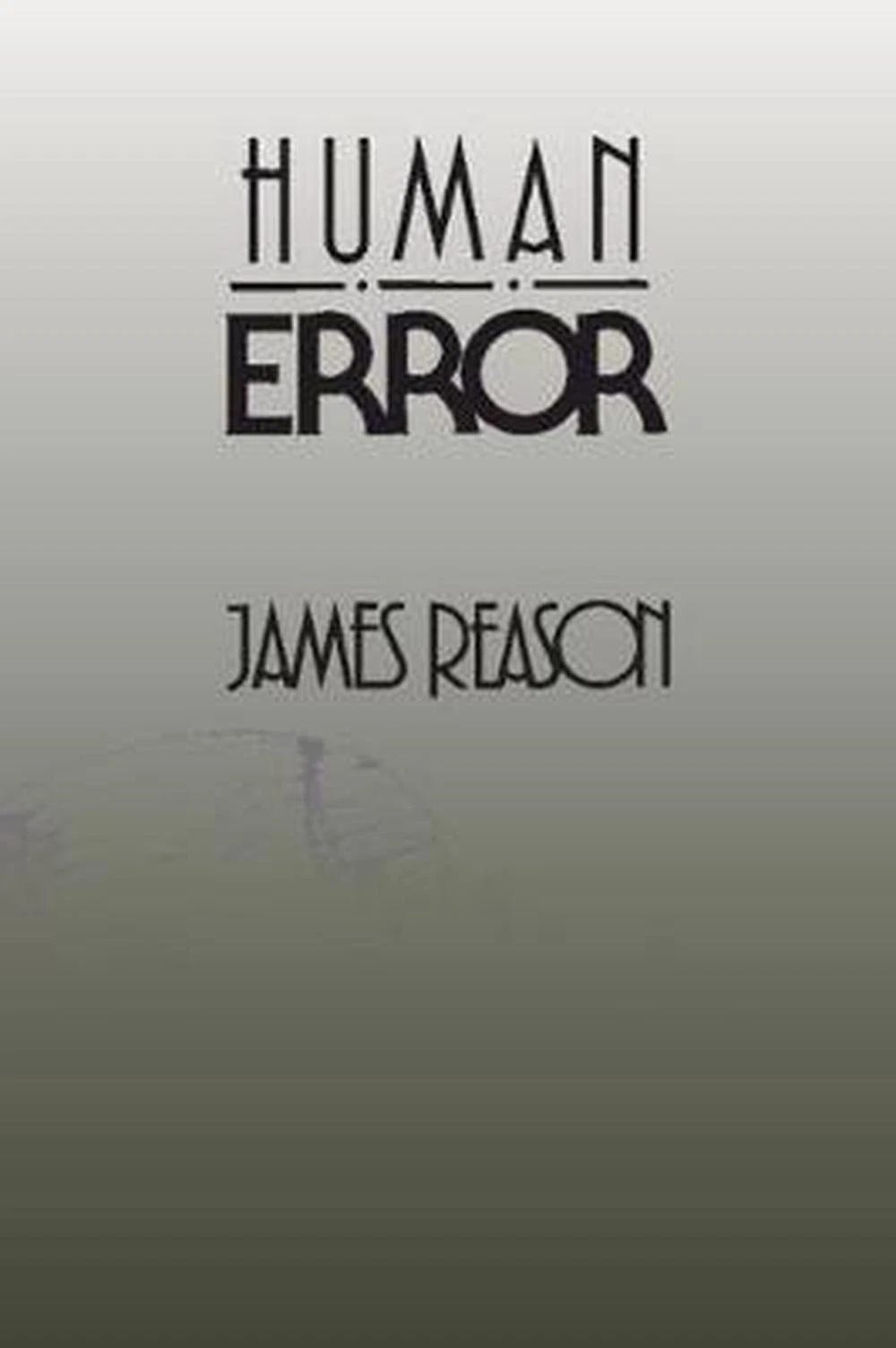This is an excellent theoretical work about human error, written from a cognitive psychology perspective. Its lessons will be appreciated by anyone who works with complex or life-critical systems and the problems they create for the leaders, designers, and architects of those systems. The book provides useful insights into the mechanisms all of us use in decision making processes, especially in accidents.
The book begins with definitions and explanations on the distinct types of errors and provides an overview of accident causation from a system-thinking perspective. This is a deep work - not all information and insights will be realized from a cursory review, but a careful study will reveal the very systematic and complete treatment of the subject. To prevent errors from occurring, one must predict where they are most likely to occur and then put in place preventative measures. This is particularly important when planning development and verification strategies.
The author suggests measures to reduce the error susceptibility of particular tasks or task elements in the workplace, and then removing the error-producing factors; identifying organizational issues that generate error-producing factors within the individual, the team, the task or the workplace; methods to improve error detection and increase the error tolerance of a system; and suggestions for how to reduce an organization's susceptibility to human fallibility.
Reason teaches that it is most cost-effective to prevent errors from occurring and eliminate or mitigate the harmful effects of errors. One of the best strategies in preventing errors is to make sure that people follow procedures, which can only be done after assuring that the procedures are correct and usable, that the means of presenting the information is user friendly and appropriate to the task and context, and that employees are encouraged to follow procedures and not to cut corners.


